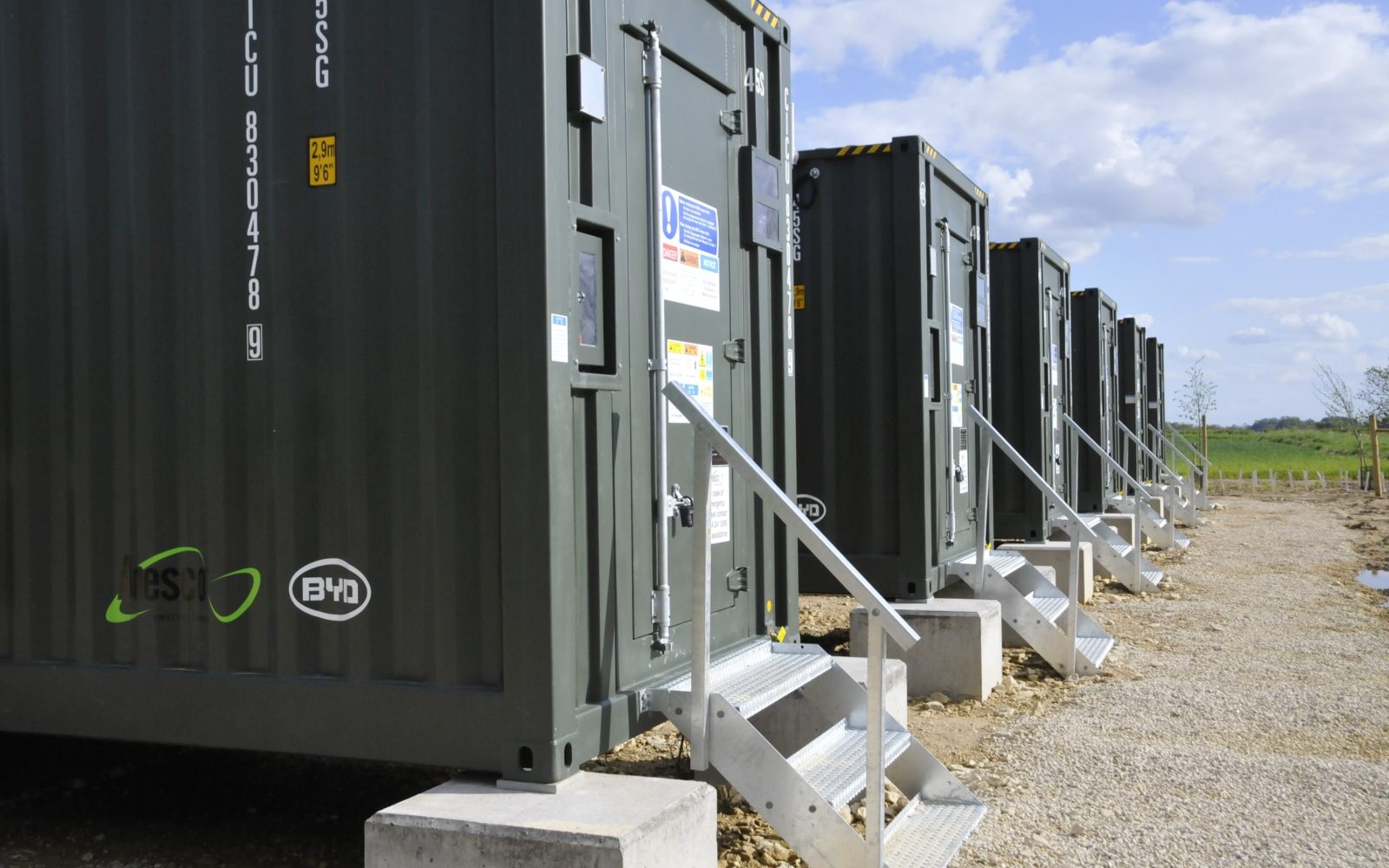
There has been a substantial drop in the levels of new battery capacity being entered into consideration for the UK’s Capacity Market (CM) mechanism, according to the prequalification results of the next auctions.
Late last week the transmission system operator National Grid confirmed the competing projects for its T-4 (2022-23) and T-1 (2019-20) auctions, which had been slated for January and February 2019. But after a landmark ruling from the European Court of Justice put the entire CM ‘in standstill’, future auctions have been indefinitely postponed.
Enjoy 12 months of exclusive analysis
- Regular insight and analysis of the industry’s biggest developments
- In-depth interviews with the industry’s leading figures
- Annual digital subscription to the PV Tech Power journal
- Discounts on Solar Media’s portfolio of events, in-person and virtual
A formal investigation will be carried out after the ECJ ruled that the European Commission should have further scrutinised how some technologies were treated, and could result in new terms being set for state aid under the scheme.
It is unclear how this will affect the proceedings heading into the next auctions, as a new prequalification process may be required to reflect any changes to the CM’s practices following the investigation.
However, National Grid’s latest publications have shown stark changes in the make-up of projects seeking CM contracts in both auctions, with battery capacity seeking to prequalify for the T-4 auction falling by over 45% compared to last years’, for delivery 2021-22.
Just over 3.3GW of batteries entered into consideration compared to almost 6.2GW last time; 3.2GW has prequalified, down by almost a third on the 4.3GW of battery projects that made it through in the previous auction.
The fall in large-scale battery storage projects is likely attributable to the technology’s treatment in the last CM, where new de-rating factors were revealed after the prequalification process had already begun. Many projects with 30-minute discharge duration were hit with drastically reduced revenues, with the CM repositioned to award long duration batteries.
As a result, a small number of four-hour duration batteries have emerged in the T-4 this time around, with 11 CMUs offering a combined 431MW/1.7GWh capacity; in contrast, 66 prequalified one-hour batteries deliver the same GWh.
Ongoing reforms to other revenues available to battery storage are also likely to have impacted the number of new projects coming forward with National Grid’s review of ancillary services, regulator Ofgem’s targeted charging and significant code reviews, and slow-moving government regulation development hampering front of the meter batteries.
Some smaller behind the meter batteries have appeared within the demand side response CMUs, which saw just over 3GW prequalified in the T-4 and 2.5GW in the T-1.
More stark comparisons on the fall in large-scale batteries can be made from the T-1 auction, scheduled to deliver capacity in 2019-20, where less than 1GW of batteries attempted to prequalify; only 859.7MW was accepted. This is down by 59% compared to the previous year ahead auction.
In total 91GW of capacity was prequalified in the T-4 auction and 17.2GW in the T-1, with the majority of prequalified capacity going to gas and coal generation, and to a lesser extent interconnectors.






